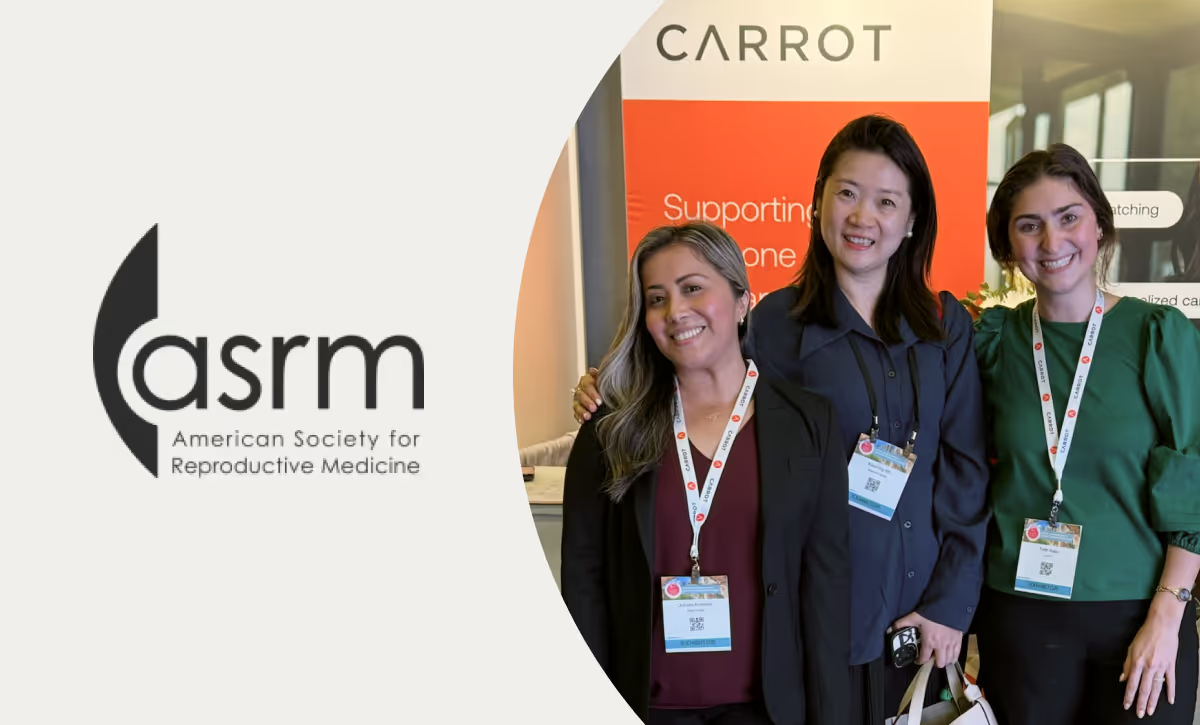In late 2024, Carrot Fertility announced Faith-Inclusive Fertility Care™ (FIFC): a new, integrated component of our global fertility platform that enables members of faith and religious communities to gain knowledge and competence on how to best access care and treatment that has the potential to accommodate their unique challenges, preferences, and needs. Carrot member support for FIFC begins today.
To ensure this initiative accommodates as many members as possible with the most culturally sensitive care, Carrot is pleased to also share news of the creation of a Faith-Inclusive Fertility Care Advisory Council (the FIFC Council). This group of religious scholars and medical experts are dedicated to providing independent guidance, advice, and oversight to Carrot Fertility.
The purpose of the FIFC Advisory Council
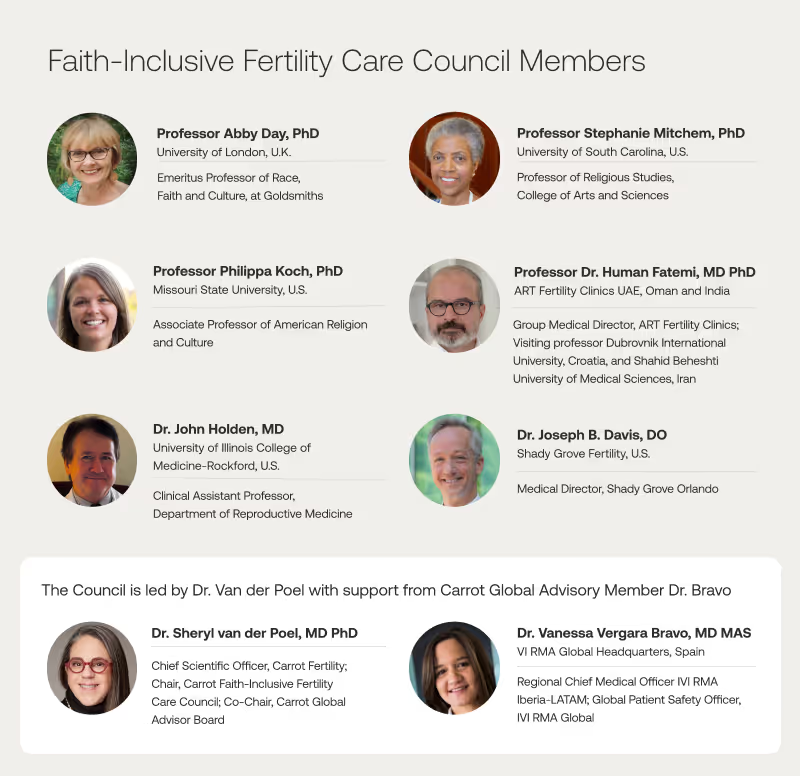
The FIFC Council provides up-to-date expert advice and perspectives on religious, cultural and moral issues, ensuring that Carrot's operations are able to align and maintain access to evidence-based fertility interventions as well as ensure legal and regulatory compliance to support the needs of its benefit supporters and members.
Here are some of the ways the Council supports the integration of Carrot’s Faith-Inclusive Fertility Care into its service delivery:
Complex decision-making
Fertility care requires sensitive decision-making, from planning a family, lifestyle choices, and fertility treatments to interventions such as fertility preservation, use of IVF technologies, selective reduction, and genetic testing. The Council provides Carrot with insights into how evidence-based interventions and procedures could be offered so that Carrot member needs, which are based upon religious doctrines and spiritual beliefs, have the potential to be best accommodated where and when appropriate and legally compliant.
Aligning operational practices with faith inclusivity
Carrot is dedicated to continuously ensuring that it is conducting its business in a manner that is both scientifically and clinically sound, as well as ethically responsible and culturally inclusive. Advice from the Council ensures that the company’s policies, practices, and member interactions are and will continue to be capable of finding solutions that have the potential to best align with religious and cultural needs.
Fostering respectful dialogue
The FIFC Council serves as an advisory bridge between commercial and religious domains, ensuring that the Carrot’s support and services continue to be culturally sensitive, emphasize compassion, and respect faith-based perspectives. The FIFC Council promotes understanding and dialogue, in helping Carrot serve the diversity of its members while maintaining its commitment to support faith-inclusive care.
Holistic approach to fertility care and family building
The goal of Carrot is to create an environment where fertility care and family building journeys not only consistently include clinically evidence-based solutions but when doing so provide appropriate compassionate counseling that serve the emotional, moral, and spiritual needs of its members.
Transparency and accountability
The formation of the FIFC Council reinforces Carrot's commitment to transparency, integrity, and accountability. The Council will regularly review policies, provide understanding of country-level differences in culturally competent care, and offer feedback on ways to operationally improve service delivery, ensuring that Carrot’s support and services continue to provide the most appropriate guidance for faith-inclusive fertility care.
Members of the FIFC Council
The FIFC Council includes academic global scholars who have theological and sociological degrees in the study of multiple religions, participate in interfaith dialogue, and research ethnic communities of faith and cultures, as well as address the religious and community influences on medical-decision making.
In addition, the Council includes reproductive medicine specialists who currently actively practice and provide faith-inclusive, evidence-based care within fertility clinics in their respective countries.
Scholars in faith
Professor Abby Day, PhD
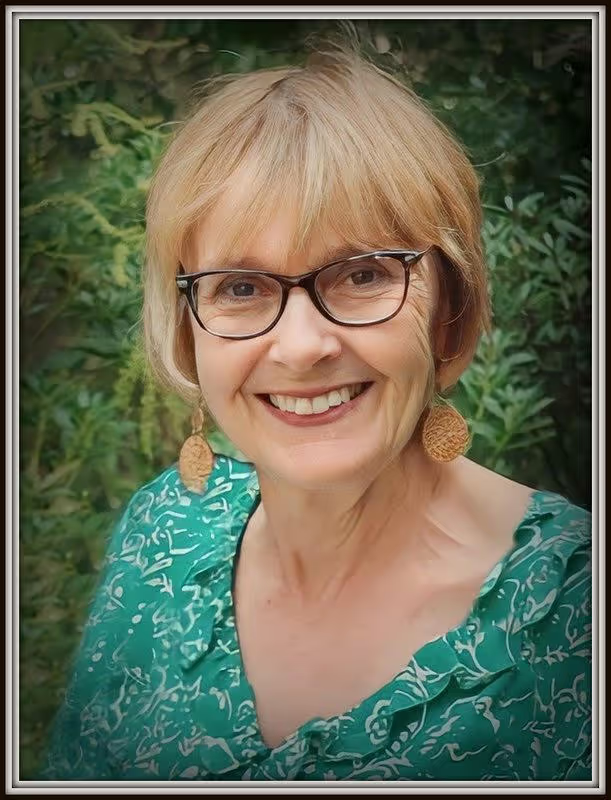
Professor Day is Emeritus Professor of Race, Faith and Culture, at Goldsmiths, University of London, UK. Her research, teaching, and consultancy all focus on contemporary religion worldwide and its intersections with gender, ethnicity, generations, crime, health and disability. She is Executive Editor of the Association for the Sociology of Religion (USA); past-Chair of the Sociology of Religion study group within the British Sociological Association; a Member of the Economic and Social Research Council Peer Review College (UK), and a Member of the UK’s Academic Advisory Group, Office for National Statistics, on census questions regarding Ethnicity, Identity, Language and Religion.
Professor Stephanie Mitchem, PhD

Professor Mitchem is a Professor of Religious Studies at the University of South Carolina with a specialization on the intersections of race, gender, sex, class, and culture. She has served in various capacities at her university including the University of South Carolina Press Board; College of Arts and Sciences Academic Planning Council; Director of African American Studies. She served a term as Chair of the Department of Religious Studies (2008-2014) and Interim Chair of Women’s and Gender Studies (2022-2024). Her current research focuses on African American and African Diasporan religions and human rights, womanism, faith healing and influence on medical decision-making.
Professor Philippa Koch, PhD
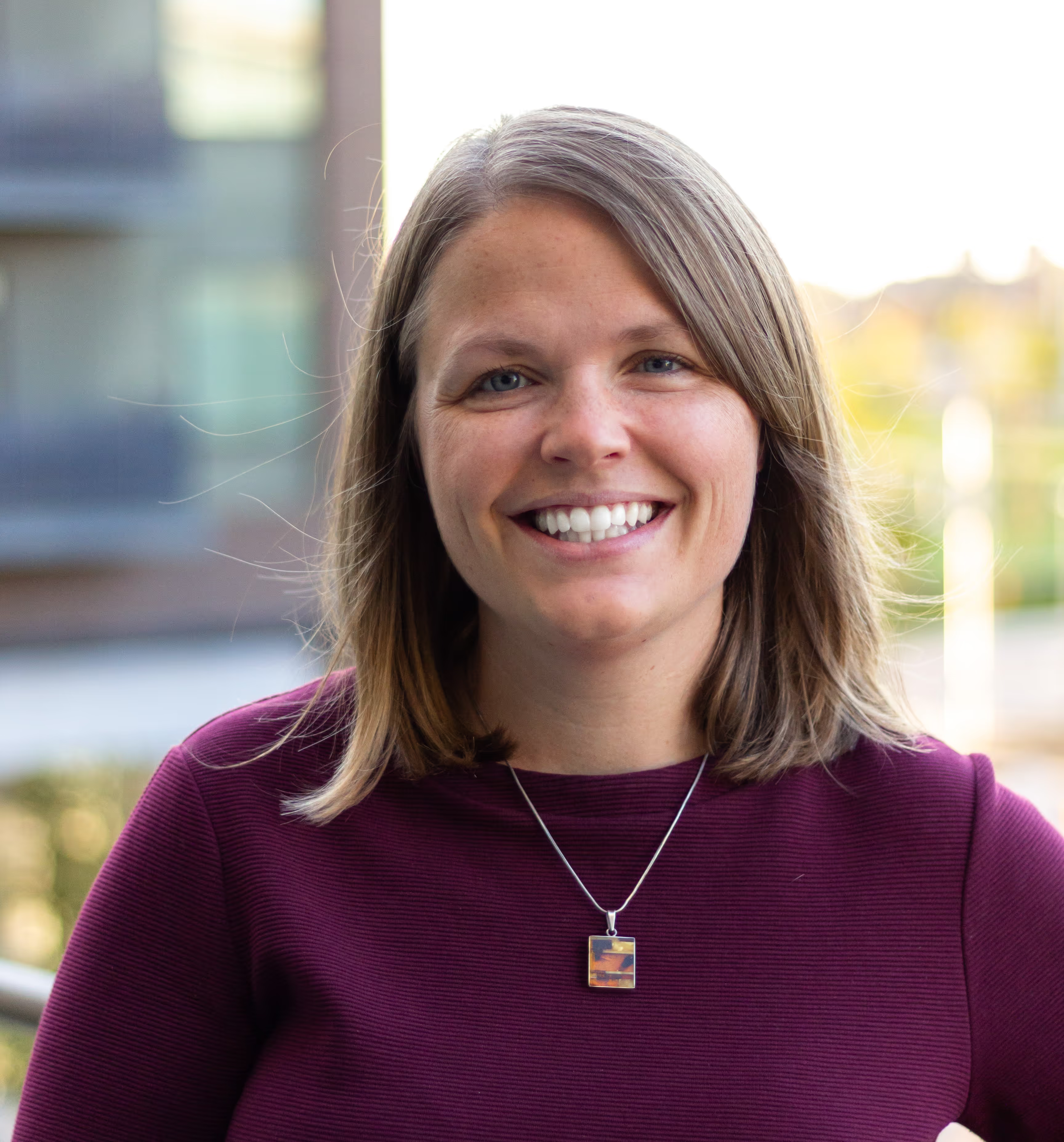
Professor Koch is Associate Professor of American Religion and Culture at Missouri State University. Her research and teaching center on religion, health, and society in North America and its global context. She is the author of The Course of God’s Providence: Religion, Health, and the Body in Early America. She is currently working on two book projects: the first is a textbook, “Medicine and American Religion”; the second project explores how religion and natural history intersected in the colonial world, focusing on developments in maternal medicine, European exploration, and global missions. Koch is the Primary Investigator for a Faith and Health Campus Grant from Interfaith America (2024-2026).
Faith-inclusive care providers
Professor Dr. Human M. Fatemi, MD, PhD
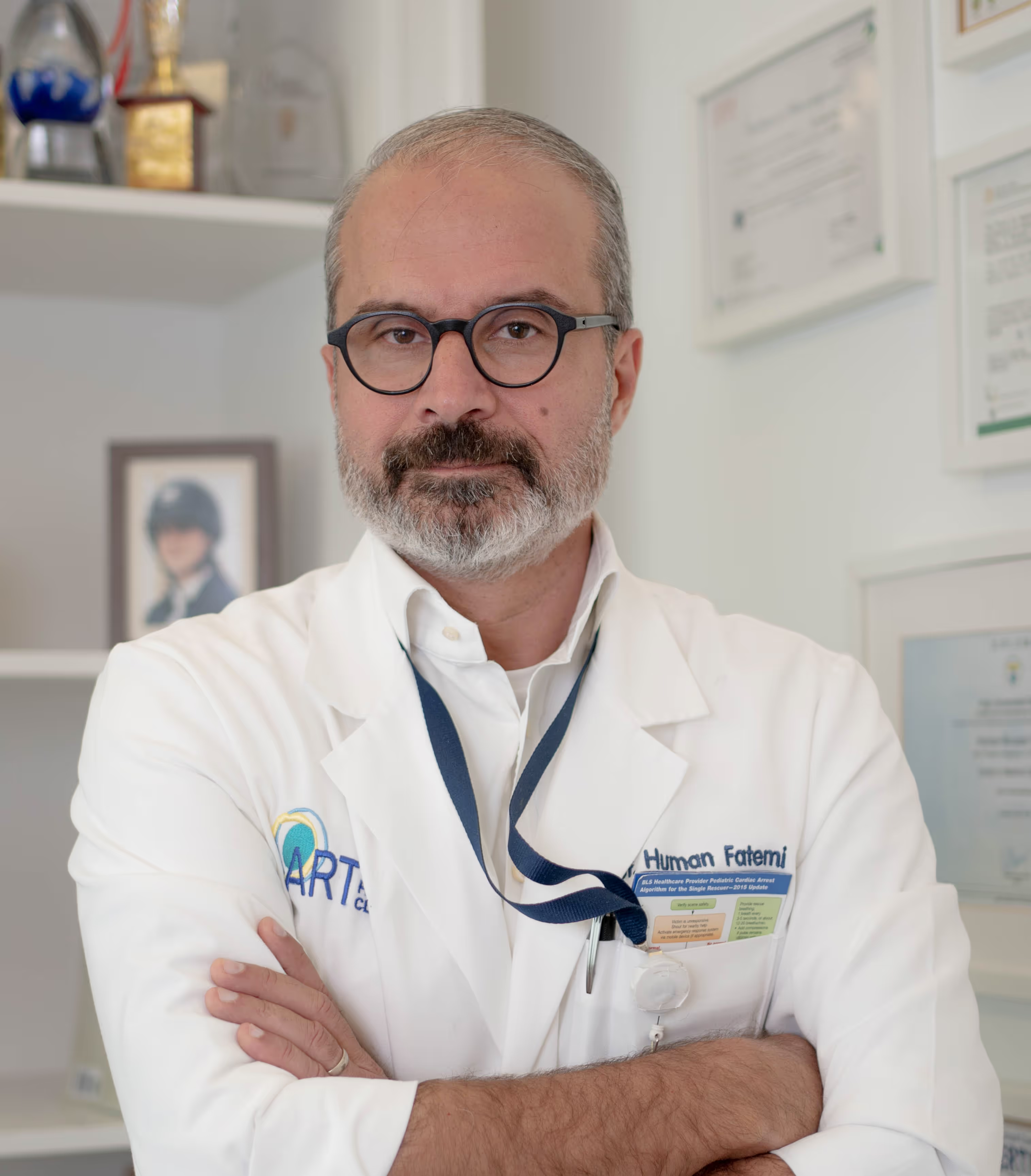
Professor Dr. Fatemi is the distinguished Group Medical Director of ART Fertility Clinics in the United Arab Emirates, Oman, and India. He holds a PhD in Reproductive Medicine and Surgery and has earned acclaim from the European Society of Human Reproduction as well as the European Board and College of Obstetrics and Gynaecology. He was previously a Clinical Professor at the University of Brussels and is currently a visiting professor at Dubrovnik International University in Dubrovnik, Croatia and at Shahid Beheshti University of Medical Sciences in Tehran, Iran.
Dr. John Holden, MD
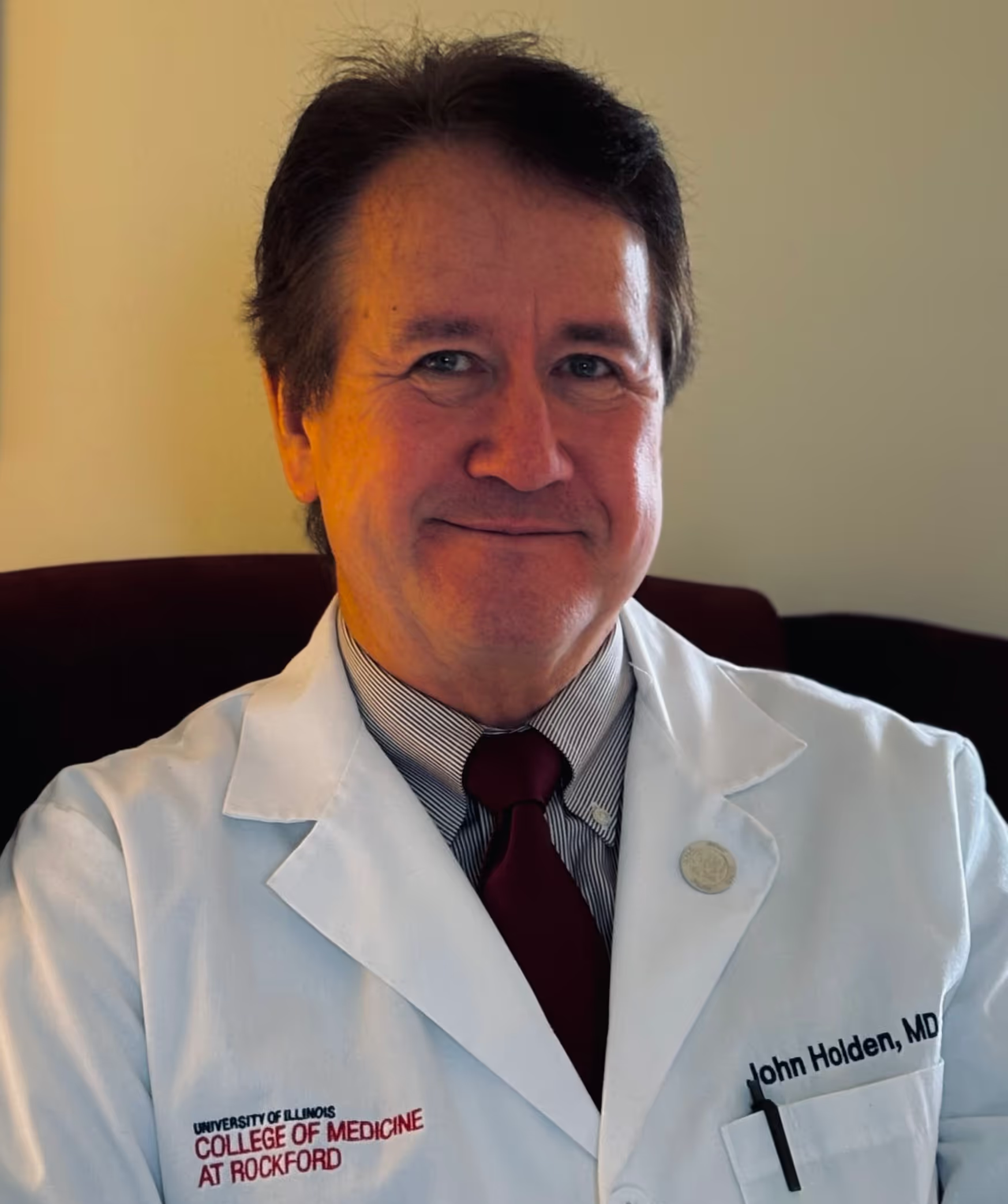
Dr. Holden is a Clinical Assistant Professor at the University of Illinois College of Medicine-Rockford. His faith-inclusive background includes missionary work for the Church of Jesus Christ of Latter-day Saints and current academic endeavors with the Sisters of the Order of Saint Francis. He had also worked closely with Planned Parenthood and the LGBTQ+ community of San Diego during his fellowship in Reproductive Endocrinology while providing access to fertility care.
Dr. Joseph B. Davis, DO
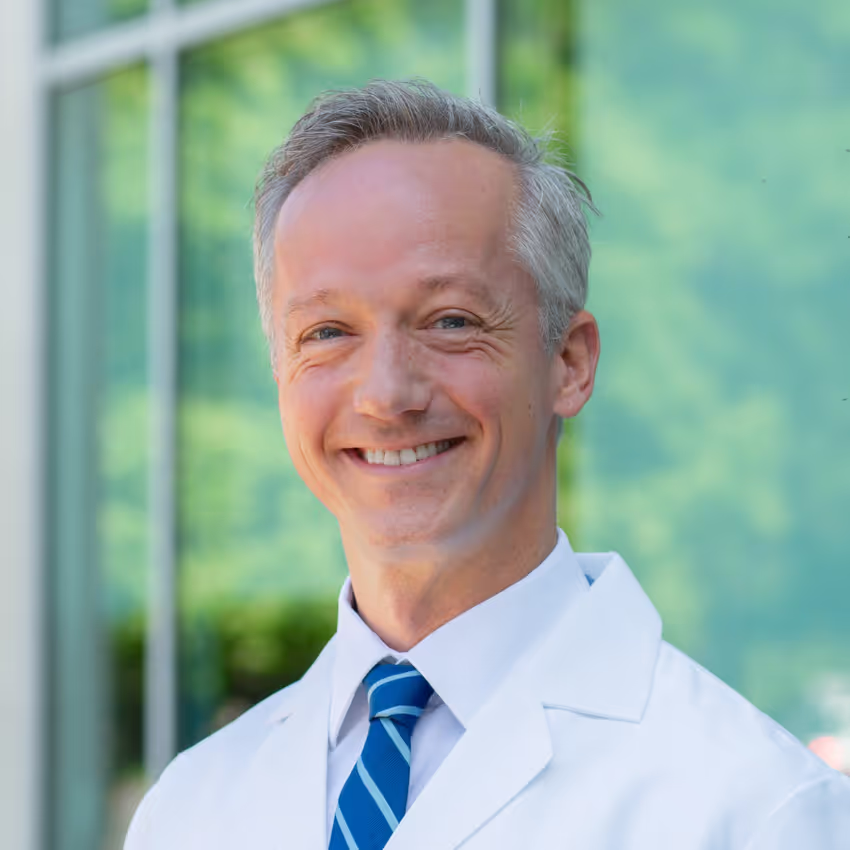
Dr. Davis is a board-certified reproductive endocrinologist and infertility specialist and the Medical Director at Shady Grove Fertility in Orlando, Florida. He has served on the American Society of Reproductive Medicine Ethics Committee and on the World Health Organization Guideline Development Group. Dr. Davis opened the first IVF center in the Cayman Islands in 2018. As a holistic care provider, respect for individual concerns for his patients from local communities of faith has been a core aspect of Dr. Davis’s approach to patient-centered care.
The FIFC Council is chaired by Dr. Sheryl van der Poel, who is Carrot’s Chief Scientific Advisor and is the current co-Chair of Carrot’s Global Advisor Board. The FIFC initiative gains support from members of our existing Global Advisory Board, most notably including Dr. Vanessa Vergara Bravo, MD, MAS from IVI-Spain in Madrid. Dr. Vergara has deep knowledge of faith considerations when providing evidence-based options for fertility care. She has over 20 years’ experience practicing in multiple countries including Spain, Panama, and Mexico and currently has a practice which treats patients from a diversity of faiths across the EMEA region through cross border reproductive care.
A commitment to faith-inclusive care
Carrot believes it is essential to support members who desire to integrate faith-based perspectives into all of their medical decision-making processes. The FIFC Council represents part of Carrot’s commitment to obtaining independent advice and counsel that best ensure an offering of services that respect the values of our members who strongly identify with their faith as well as with their communities’ cultural beliefs whose leaders assist them in their decision-making when on a journey to build their families.
You can learn more about FIFC at Carrot here.






.avif)





